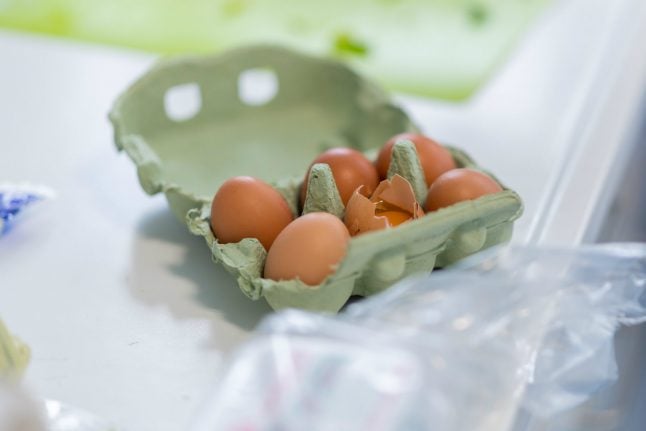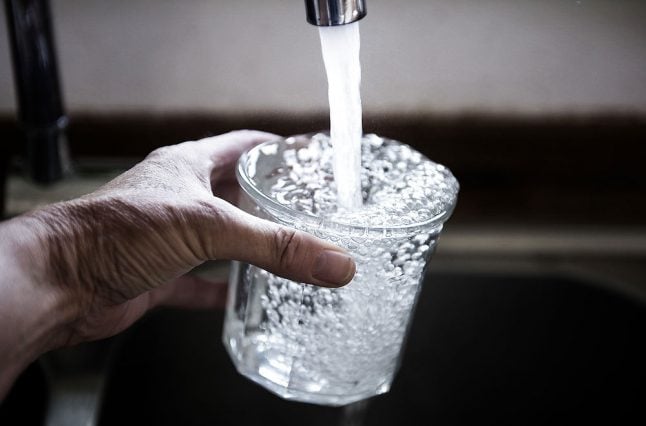Discount supermarket giant Aldi said Friday it was pulling all Dutch eggs from its shelves in Germany over an insecticide scandal that has spread to food stores across Europe.
Eggs were also withdrawn by supermarkets in Switzerland, but the authorities who approved the recall urged people not to panic.
“The quantities observed so far do not endanger the health of consumers,” said the Swiss Food Safety Authority (OSAV).
Aldi said it was making the move “purely as a precaution” but acknowledged it could lead to “market shortages” for eggs in Europe's top economy.
Authorities in Belgium, Sweden and Switzerland all said they were tracking shipments and removing eggs, as the impact of the affair widened.
Aldi pulled all of the Dutch eggs after it emerged that at least three million tainted with a toxic insecticide had made their way to Germany and been sold.
A regional agriculture minister in Germany, Christian Meyer of Lower Saxony, told ZDF public television Friday that it was now believed 10 million contaminated eggs might have reached Germany.
Authorities suspect the substance, fipronil, was introduced to poultry farms by a Dutch business named Chickfriend that was brought in to treat red lice, a nasty parasite in chickens.
In large quantities, the insecticide is considered “moderately hazardous” according to the World Health Organization, and can be dangerous to people's kidneys, liver and thyroid glands.
Dutch and Belgian media reports that the substance containing the insecticide was supplied to Chickfriend by a Belgian firm have not been confirmed.
Sweden's food safety agency said one batch of contaminated eggs had been delivered to a small wholesaler.
The European Commission is following the case very closely, as issues of public health are at stake, said spokeswoman Anna-Kaisa Itkonen.
Losses are expected to run into millions of euros.
Marieke van der Molen, spokeswoman for the Dutch public prosecutor's office, said a criminal investigation had been opened to determine the source of the contamination.
Belgium's federal food chain security agency (AFSCA) has also launched a criminal probe in cooperation with prosecutors.
READ ALSO: What you should know about the 'toxic eggs' found in 12 German states



 Please whitelist us to continue reading.
Please whitelist us to continue reading.